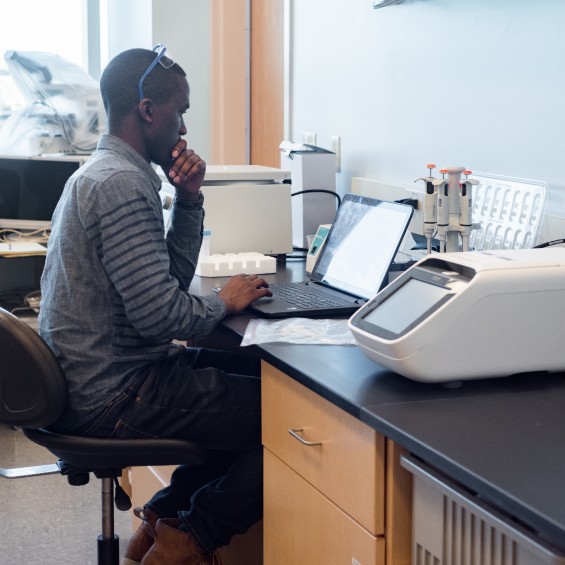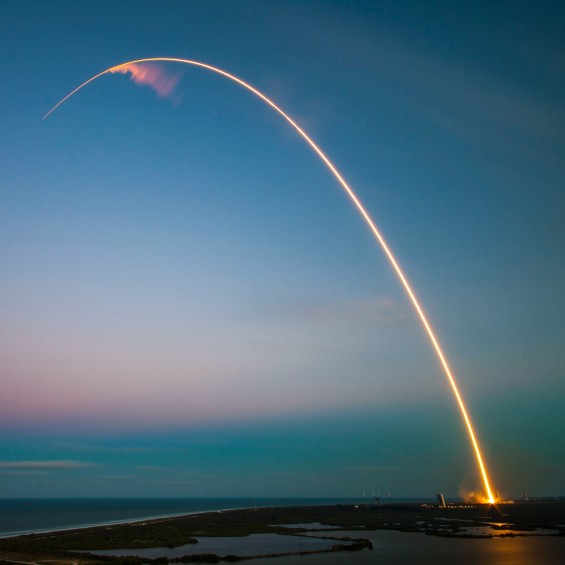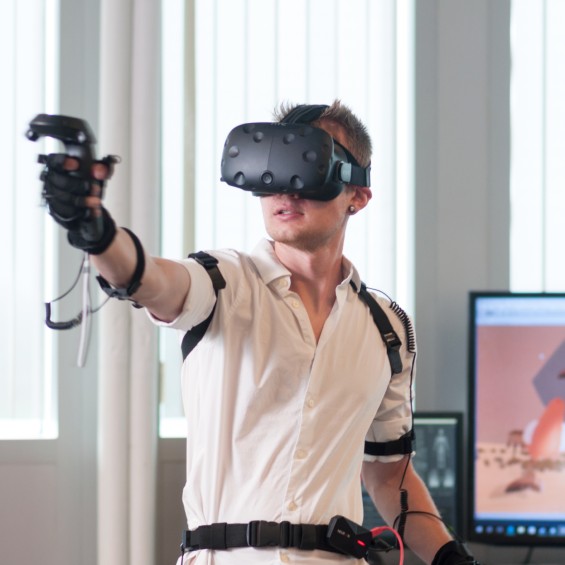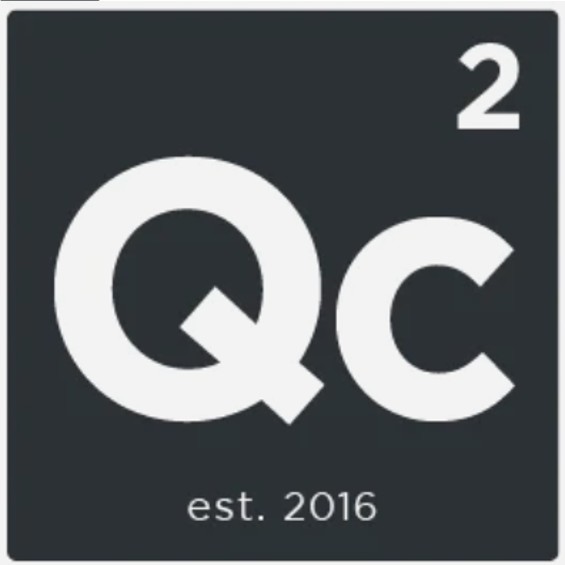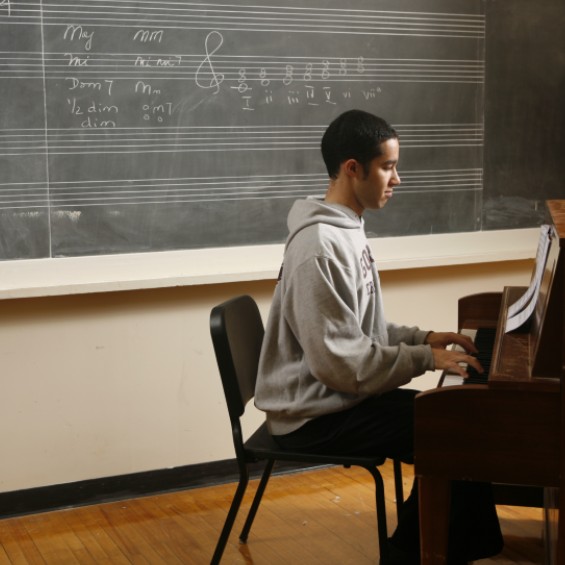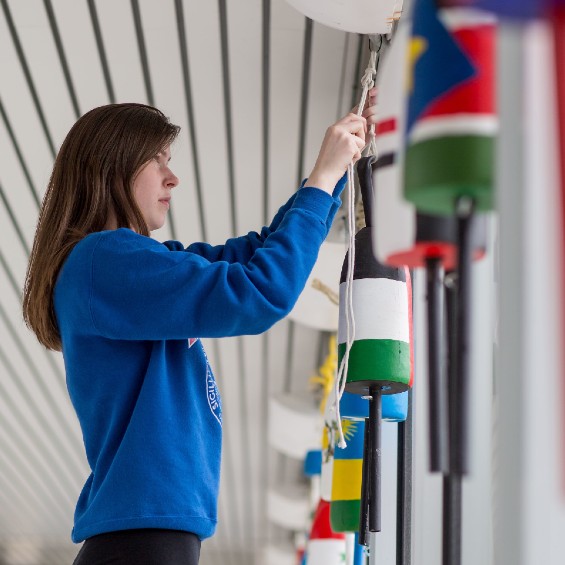At the University of Southern Maine, we extend beyond classroom concepts to real-world research and hands-on experience. Here, you’ll find a supportive learning environment where welcoming faculty and staff encourage you to propose your own ideas, join them in the lab or the field, and collaborate on solutions.
What does research look like for undergrads at USM?
Undergraduate Research Opportunity Program (UROP)
We don’t just encourage your big ideas – we fund them. More than 30 undergraduate students receive fellowships each year to pursue collaborative research projects alongside a professor.
How does it work? As you delve into areas of study that fascinate you, our faculty are available to provide mentorship. When inspiration hits, you can pitch your idea. After submitting a formal proposal, successful applicants receive nearly $4,000 to use for research, supplies, and travel.
When it comes to the focus of your project, there is no limit. We award fellowships to students studying everything from sociology and English to cybersecurity and chemistry.
Maine Space Grant Consortium
As an affiliate of the National Aeronautics & Space Administration (NASA), the Maine Space Grant Consortium (MSGC) supports and funds undergraduate student research projects related to areas such as aerospace, technology, and software development. These are broad areas — your project can integrate the STEM fields, as well as the arts, humanities, and social sciences.
Maker Innovation Studio
Have you tried 3D printing yet? How about virtual reality with a HoloLens? Designed your own video game?
Visit the Maker Innovation Studio, an open concept experiential learning environment where students turn ideas into action, and action into things.
Here, we bring an entrepreneurial mindset to everything. Each project involves community partnerships and developing a product that solves a problem. Students connect with each other and the local non-profit and business community.
The QC2 Lab
In recent years the craft brewing industry has surged in Maine and throughout the US. The brewing process is an exact science, and brewers across the country depend on our QC2 Lab to test the qualities of their products.
In the Quality Control Collaboratory — QC2 for short — students work alongside Professor of Chemistry Luci Benedict to test beer samples for calories, bitterness (IBU), color, alcohol, protein, and pH, among other attributes.
Creativity and Cultural in Research
At USM, research means more than hard science in a lab — we incorporate scholarship and creative activity.
Some of our student-faculty collaborations:
Thinking Matters
Each academic year culminates with Thinking Matters, a day-long symposium of student and faculty research, scholarship, and creative activity. You can develop a formal poster presentation or oral presentation, and connect with the local non-profit and business community, other students, and faculty.


